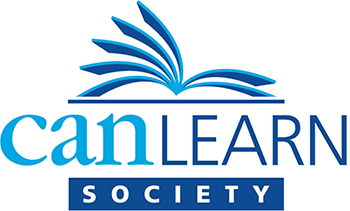The vibrant red colour of the sunset resembled the hue of a ripe strawberry.
Reading the sentence above, you can visually picture the sunset described because you are able to understand what you read.
Reading comprehension is the overarching goal we want our children to achieve while learning to read.
Children learn to read words in early elementary years, but in upper elementary grades, they move into texts that ask them to read to learn. Reading comprehension difficulties may emerge at any age, but they often become more noticeable when the child enters the third or fourth grade.
What can be done to prevent and address reading comprehension difficulties?
An assessment of listening comprehension is highly recommended for any child who displays difficulty with reading comprehension. At this point, an informal evaluation using a read-aloud story rather than a formal psycho-educational assessment will do the job.
If a child struggles to understand what he reads, the first question is to ask if he can understand a story read to him. If the answer is “yes,” there is likely a weakness in the child’s word-level reading ability. Effortful decoding is mentally exhausting; it causes working memory overload and poor comprehension. This is very common with many struggling readers, especially those diagnosed with ADHD or LD. Direct and explicit phonological awareness decoding instruction, encouraging parents to provide home environments filled with books, and stimulating verbal interactions to promote and enhance children’s reading comprehension are effective intervention strategies for this group of children.
However, if the answer is “no,” the child may have oral language deficits that must be identified. Namely, children’s progress in reading comprehension is directly related to their ability to understand spoken language and the breadth and depth of their vocabulary. When there is a suspicion that a child may struggle in reading comprehension due to oral language deficits, a formal assessment may be necessary. A speech-language pathologist or a psychologist are the best professionals to consult with for the next steps. It is important to note that children learning English as their additional language need sufficient time to develop oral language skills in English before jumping to conclusions about their reading comprehension abilities in English.
Children often have a combination of causes that add to reading comprehension difficulties. When children cannot understand what they read, it is essential to start looking for the cause of the difficulty and then look for solutions. Prevention and early intervention are the keys because, when children experience reading challenges that continue for a long time, they become discouraged from learning.
Nada Jerkovic
Manager, Literacy Programs

